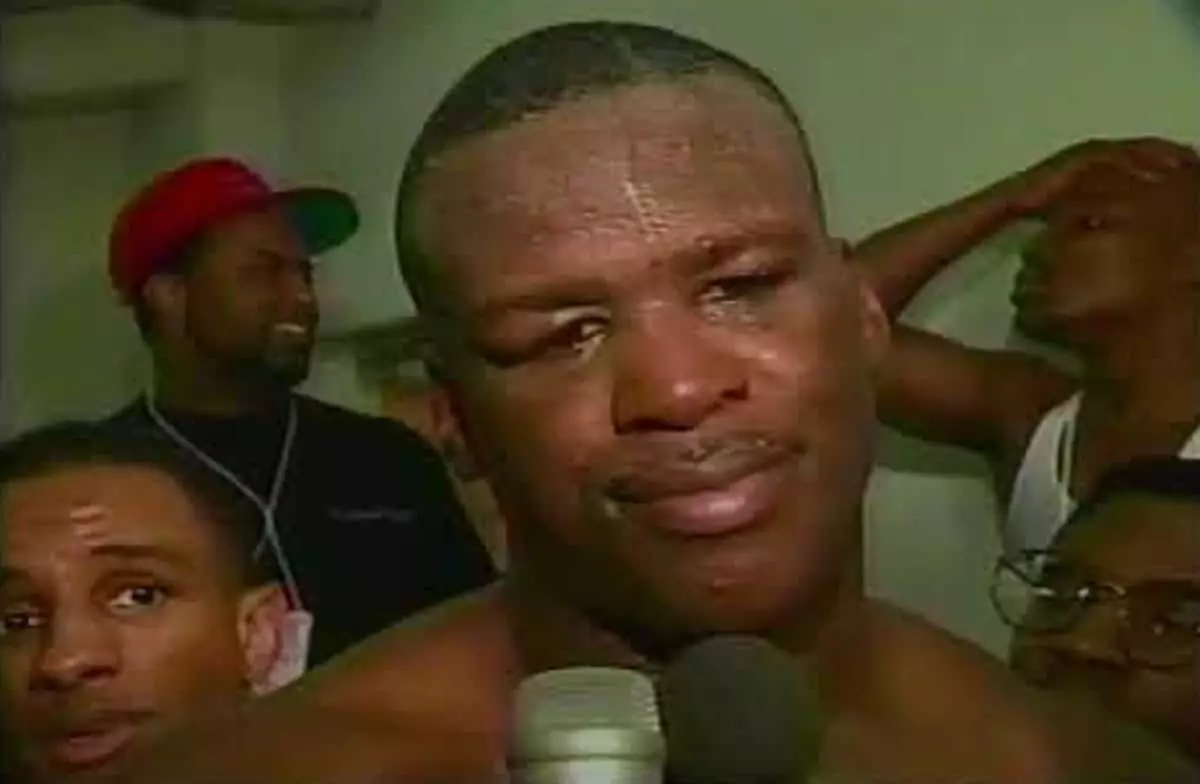By Maestro Amílcar Barnett M., The Bronx, NY, USA
It’s often the most unexpected victories that resonate the longest. One such story is that of James “Buster” Douglas, whose rise to fame came in the shadow of personal tragedy. In the early 1990s, Douglas was not a name that stirred excitement among boxing fans; rather, he was seen as just another contender, grappling with doubts about his own abilities. Yet, beneath the surface of perceived laziness lay a deep reservoir of resilience. The catalyst for his transformation was the sad passing of his mother, a loss that ignited an unprecedented fire within him as he prepared for the challenge of facing the then-undisputed heavyweight champion, Mike Tyson.
The preparation Douglas underwent ahead of their bout in Tokyo was remarkable. It was not simply about training harder; it was about redefining his entire approach to boxing. Buster was all too familiar with setbacks—having faced criticism for underwhelming performances in the past, including a lackluster showing against Tony Tucker. However, the death of his mother galvanized him. It transformed his sorrow into a potent motivator that would push him to train with a focus and determination that had previously eluded him. This pivotal shift in mindset allowed him to rise to the occasion, and little did the world know that he was about to rewrite history.
On February 11, 1990, when Douglas stepped into the ring against Tyson, the anticipation was palpable, although largely overshadowed by the overwhelming consensus that Tyson would easily claim victory. Mike Tyson, unbeaten and exuberant, was perceived as a primal force, a destroyer who left opponents in battered heaps. The majority of fans expected another straightforward knockout. However, a surprising underdog narrative was about to unfold.
The bout began, and Douglas adopted an unexpected strategy. Throughout the first few rounds, he employed a solid jab, an effective reach, and surprisingly agile footwork, effectively countering Tyson’s aggressiveness. He did not just survive; he thrived. By the mid-rounds, it was evident that Douglas was not merely trying to endure Tyson’s punches but was actively taking control of the fight. The challenger began to showcase not only resilience but skill, pushing Tyson into a corner that many believed was impossible.
As the fight progressed, the tide dramatically shifted. Tyson, renowned for his knockout power, suddenly found himself on the receiving end of a relentless barrage from Douglas. It was a role reversal no one had anticipated. Tyson’s repeated attempts to land decisive blows were met with superior defense and tactical acumen from Douglas. However, the fight took a crucial turn in the eighth round when Tyson knocked Douglas down with a powerful uppercut. The moment sparked fear among fans that the champion would regain control. Yet, the grit of Buster Douglas shone through when he rose before reaching the count of ten, refusing to succumb to the weight of expectation or despair.
Douglas’s resilience was legendary. He managed not only to recover but to use this moment of adversity as a rallying point. In the ninth round, he decisively regained momentum, landing punches that stunned the seemingly invincible Tyson. The final blow came in the tenth round, culminating in a left hook-right uppercut combination that sent Tyson to the canvas, leaving fans in disbelief. Buster Douglas had dethroned a titan, marking a definitive moment in boxing history that redefined the very meaning of an upset.
The shockwave generated by Douglas’s victory transcended the boxing world. The match did not just signify the fall of a champion but rather underscored the triumph of the human spirit against insurmountable odds. By capturing the heavyweight title, Douglas inspired countless fans and aspiring athletes to believe in the power of perseverance, proving that determination can triumph even in the toughest circumstances.
Today, 35 years after that remarkable victory, Buster Douglas’s name remains synonymous with unexpected triumph. His story serves as a reminder that the most compelling narratives in sports are not necessarily those of consistent success but those of resilience, heartbreak, and redemption. So, reflect back—where were you when history was rewritten in the boxing ring?


Leave a Reply